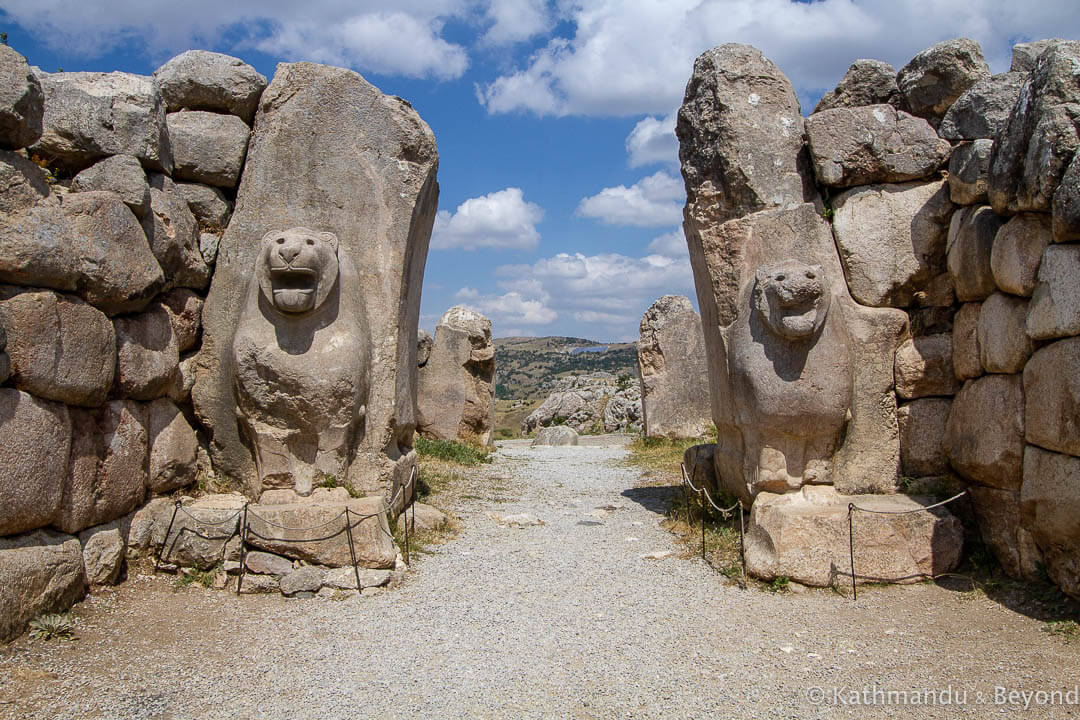
A new Indo-European language has been discovered in the Hittite capital Hattusa
In ongoing excavations in Hattusa, the capital of the Hittites, who established Anatolia’s first central state, a new Indo-European language has been discovered. Hattusa is located in the Boğazköy district of Çorum province in present-day Türkiye. Over the past 100 years of ongoing excavations in Hattusa, approximately 30,000 clay tablets written in cuneiform script have
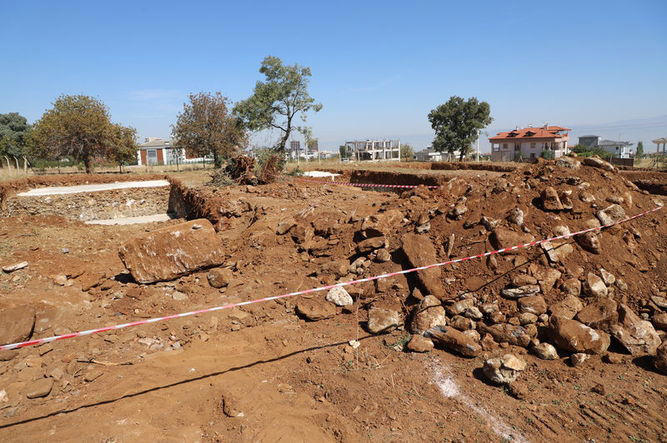
During the excavation of the construction foundation, a grave stele found
Workers found remains consisting of grave stele and tile fragments during the foundation excavation of the ongoing villa construction in Hallaçlar District of Denizli’s Merkezefendi district. When the ruins were found, the construction machines stopped working. The police stopped the construction and protected the area. After the suspension of construction work, the area was cordoned

The ‘Green Dome’ of the Mevlana Museum, known as Kubbe-i Hadra, was reopened to visitors
The “Green Dome,” known as the Kubbe-i Hadra, which was built after the death of the renowned 13th-century Muslim saint and anatolia mystic Mevlana Jalaluddin Rumi has been reopened for visitors following extensive restoration work that began three years ago. The “Kubbe-i Hadra” (Green Dome), also known as the tomb, was built by the architect
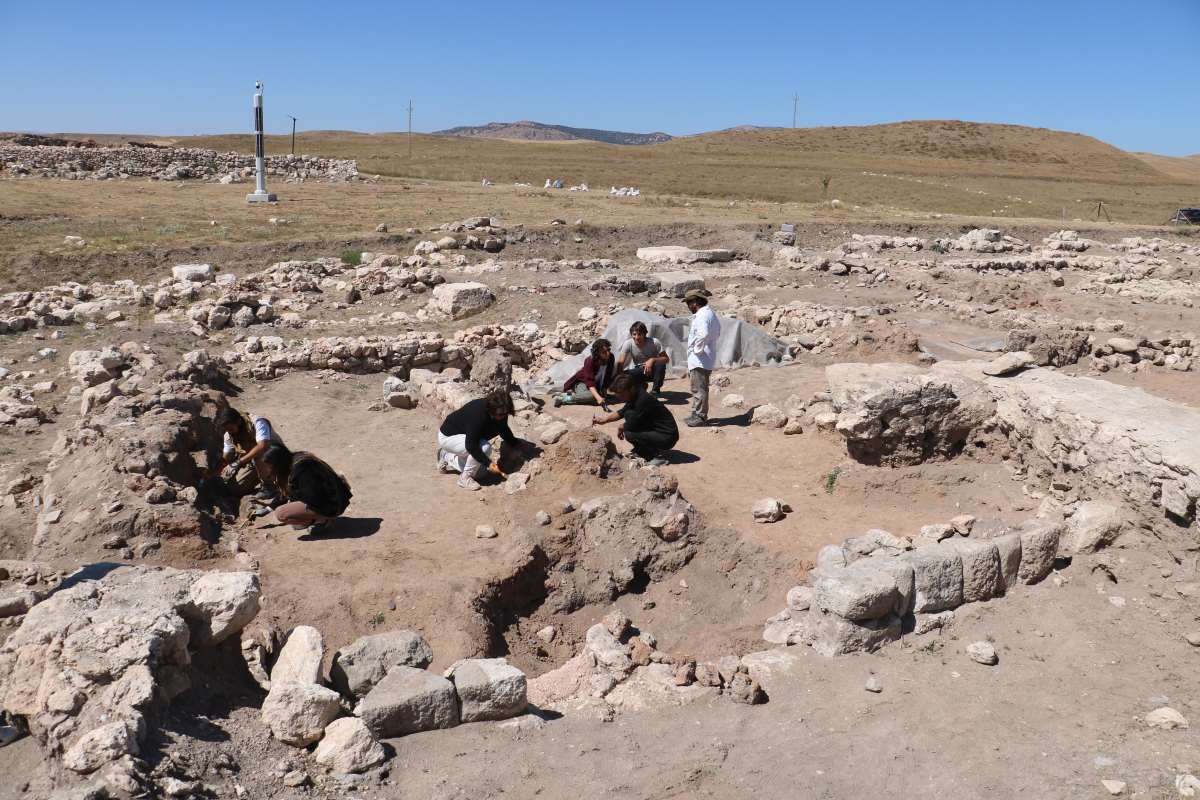
The cuneiform tablet found in the Hittite city of Samuha indicates the famous temple of the Goddess Šauška
The cuneiform tablet unearthed in the Hittite city of Samuha reveals the famous temple of the Goddess Šauška. The ancient city of Samuha is located within the boundaries of Kayalıpınar Village in the Yıldızeli District of Sivas Province, Türkiye. The excavation works are conducted under the leadership of Associate Professor Dr. Çiğdem Maner, a faculty
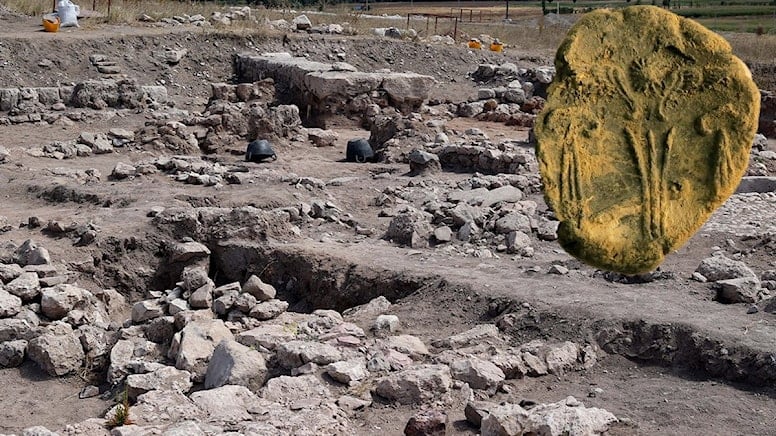
In Kayalıpınar, a seal impression belonging to Hattusili III, which will impact Hittite history, was discovered
In the excavations conducted at the Kayalıpınar Ruins, located within the boundaries of the Sivas province in present-day Türkiye, which the Hittites considered the Upper Land, a seal impression belonging to Hattusili III was discovered. Recognized through the Kadesh Battle and the subsequent Kadesh Peace Treaty, Hattusili III elevated the Hittite Empire to become the
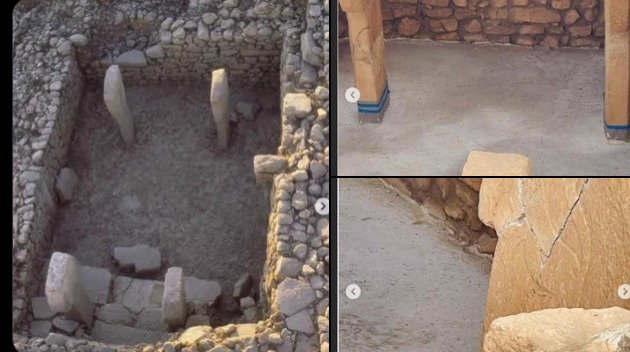
Is concrete being poured at Göbeklitepe that zero point of human history?
The news that concrete has been poured in a certain area of Göbeklitepe, which is considered the zero point of human history, located in the Şanlıurfa province in the Southeastern Anatolia Region of Türkiye, has caused astonishment. The claim that concrete was poured at Göbeklitepe came from Çiğdem Köksal-Schmidt, the wife of Klaus Schmidt, who
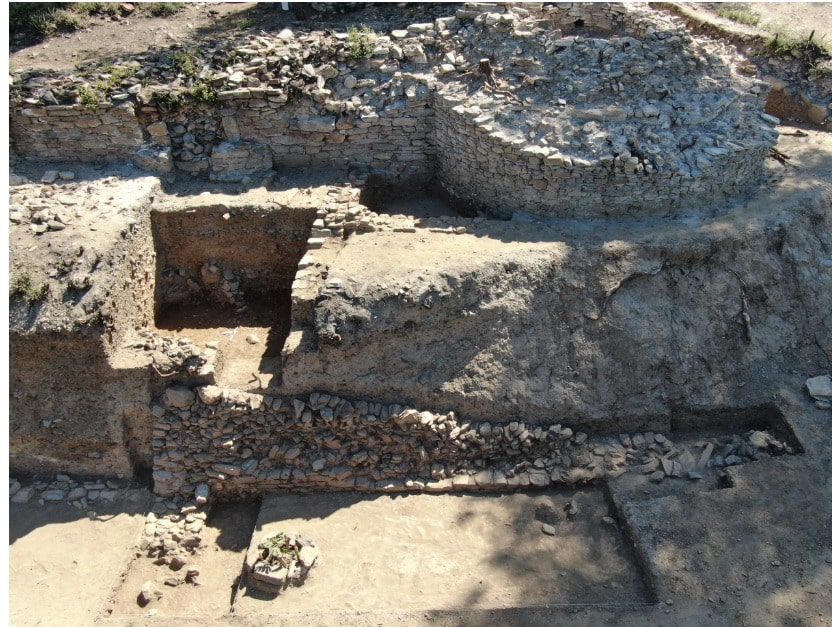
In excavations in region referred to as ‘Wallarima’ in Hittite texts, traces of settlements dating back 4,000 years discovered
In the excavations ongoing for 2 years at Asarcık Hill in the Kavaklıdere district of Muğla, findings related to the Hittite Civilization and the Middle Bronze Age have been obtained. The excavations at Asarcık Hill, where traces of the Anatolian Seljuk period settlements have also been reached, are continuing under the scientific supervision of Assoc.

The United States announced that an artwork, which was revealed to have been smuggled from Türkiye, will be returned
In the context of a stolen historical artifact operation in the USA, it was announced that an artwork, which was revealed to have been smuggled from Turkey, will be returned. According to a news article in Sözcü, a bronze bust worth 5 million dollars, which has been displayed at the Worcester Art Museum for 60
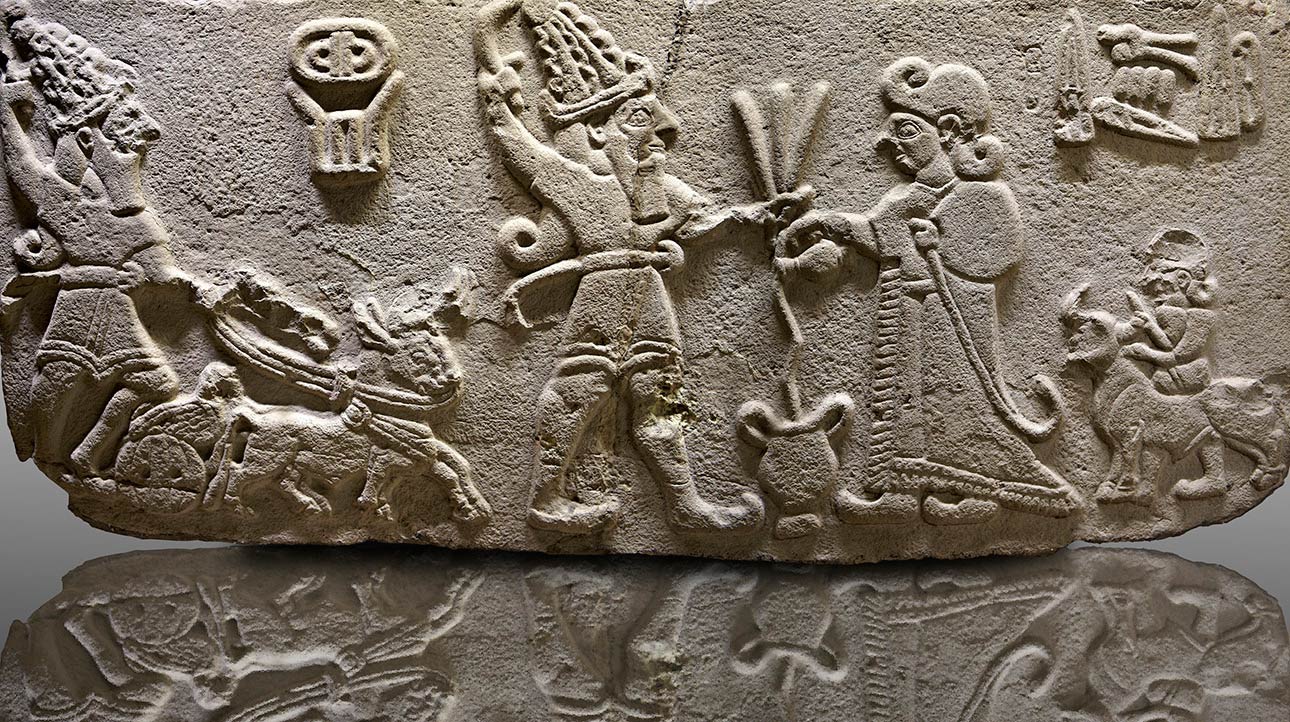
Hittitologist Metin Alparslan “Even if we are not related to the Hittites, we are considered countryman”
The International Hittitology Congress, in commemoration of the 100th anniversary of the founding of the Republic of Turkey, will be held in Istanbul from September 4th to 8th this year. Since 1990, the traditional Hittitology congress has been bringing together scholars, and this year in Istanbul, it will have the theme of ‘Green Congress.’ The
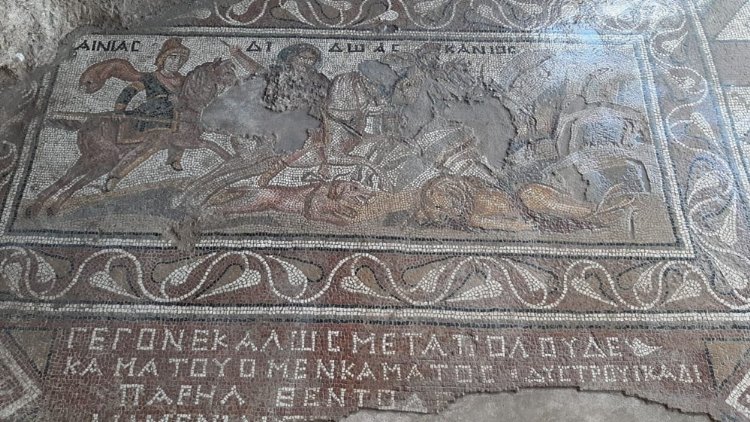
The mosaic of the Trojan War hero ‘Aeneas,’ with no parallel in the world, has been uncovered
During the excavation of the foundation of a construction site in the Kadirli district of Osmaniye, the mosaic of the Trojan War hero, also known as the ancestor of the Roman people, ‘Aeneas,’ was uncovered. The mosaic was found in the ruins of a Roman-era villa. According to a news article from the IHA, the
